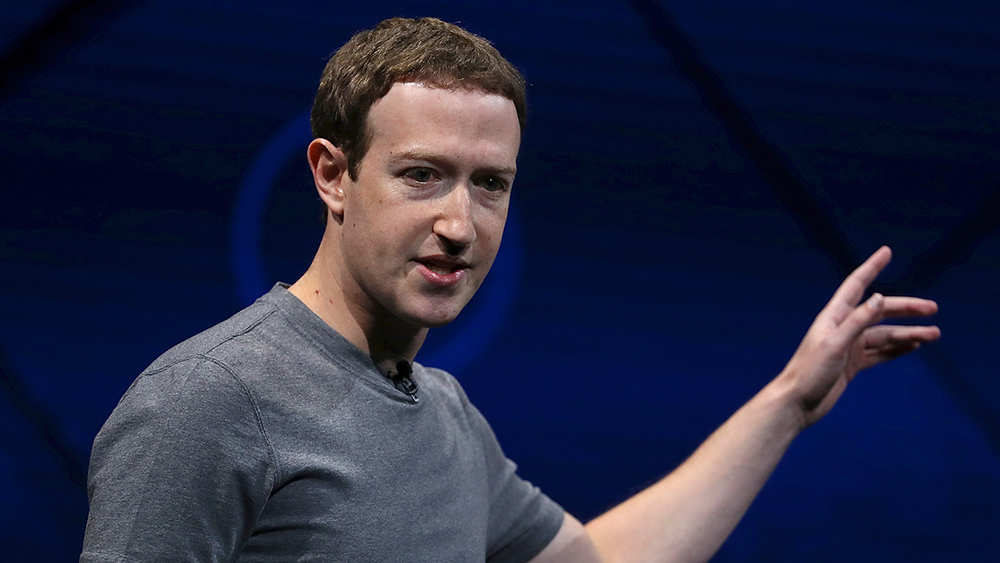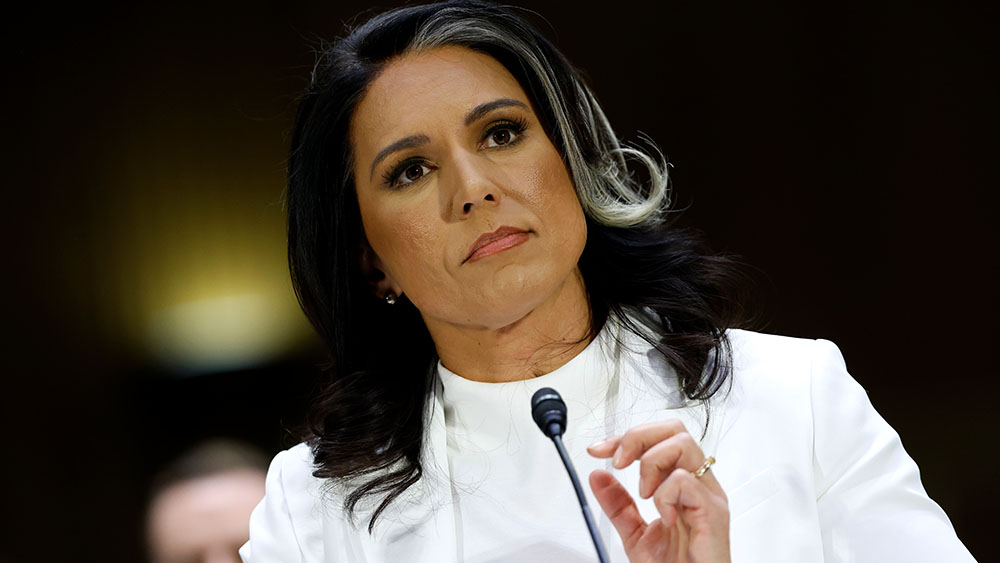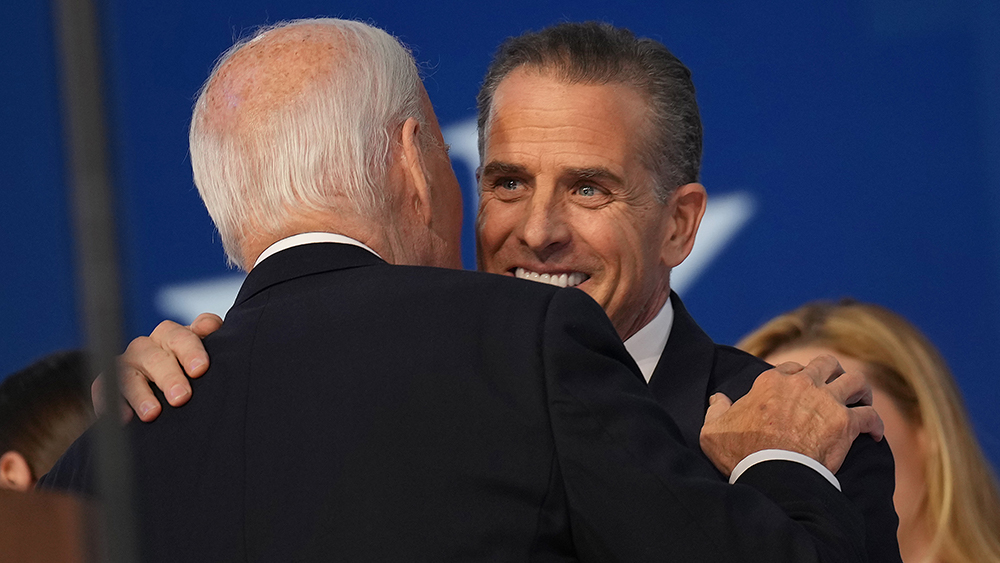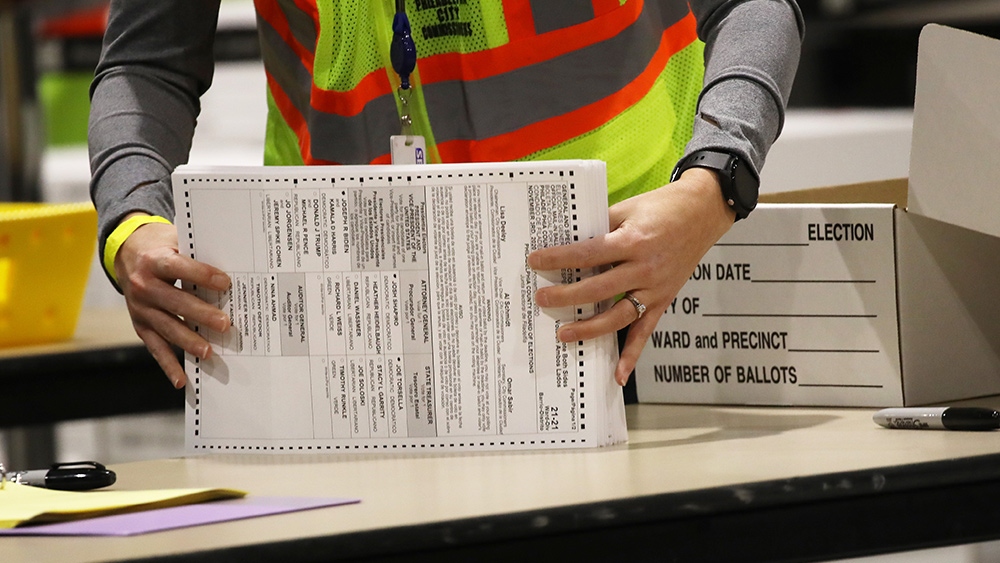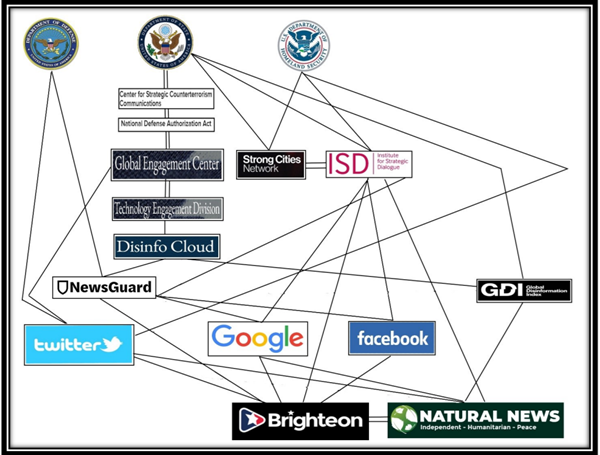U.S. lawmakers investigate Meta over alleged China collaboration
04/09/2025 / By Belle Carter

- The Senate’s Permanent Subcommittee on Investigations has initiated an inquiry into Meta Platforms, demanding over a decade of internal records, focusing on alleged efforts to collaborate with the Chinese government and develop censorship tools to enter China’s restricted digital market.
- The investigation is based on revelations from Sarah Wynn-Williams’ book, “Careless People,” which details a covert project called “Project Aldrin” aimed at establishing a presence in China by 2017, including the development of content control mechanisms to meet Chinese demands.
- Meta has denied the allegations, stating the claims are outdated and unreliable. The company has also filed for arbitration to enforce a non-disparagement agreement, resulting in a temporary gag order on Wynn-Williams, preventing her from promoting the book or making critical comments about Meta.
- Sens. Richard Blumenthal and Josh Hawley have expressed deep concern over the ethical implications of Meta’s alleged actions, emphasizing the potential complicity in human rights abuses and the broader issue of tech companies’ ethical responsibilities in the global market.
- The investigation could set a precedent for how tech companies handle similar situations, potentially leading to legal and reputational consequences for Meta. The subcommittee’s findings may influence future U.S. policy on technology and human rights, emphasizing the need for transparency and accountability in the tech industry.
U.S. lawmakers have launched an investigation into Meta Platforms, the parent company of Facebook, Instagram and WhatsApp, over allegations that the tech giant explored ways to collaborate with the Chinese government to break into the country’s heavily restricted digital market.
The Senate’s Permanent Subcommittee on Investigations announced the inquiry on Tuesday, April 1, demanding internal records and communications dating back over a decade, including those tied to censorship mechanisms designed to comply with Beijing’s demands.
The investigation, led by Sen. Ron Johnson (R-MN), with support from Sens. Richard Blumenthal (D-CT) and Josh Hawley (R-MO), is based on revelations published in “Careless People,” a memoir by former Facebook executive Sarah Wynn-Williams. The book outlines a covert initiative, internally referred to as “Project Aldrin,” which was reportedly developed in 2014 as a three-year plan to establish a presence in China. This plan allegedly included developing censorship tools to meet the stringent content control requirements of the Chinese Communist Party (CCP). (Related: “Project Aldrin”: Senate probes Meta’s alleged censorship dealings with China.)
Johnson’s subcommittee has formally requested that Meta CEO Mark Zuckerberg turn over the requested documents by April 21. The letter from the United States Senate Committee on Homeland Security and Governmental Affairs, dated April 1, addresses these concerns and refers to the internal Meta materials reviewed by the subcommittee, which corroborate Wynn-Williams’ account.
Meta has firmly denied the allegations, dismissing them as outdated and unreliable. A Meta spokesperson stated, “This is all pushed by an employee terminated eight years ago for poor performance. We do not operate our services in China today. It is no secret that we were once interested in doing so as part of Facebook’s effort to connect the world. We ultimately opted not to go through with the ideas we’d explored, which Mark Zuckerberg announced in 2019.”
However, the company’s legal actions have further fueled the controversy. On the day “Careless People” was released, Meta filed for arbitration, citing a voluntary non-disparagement agreement that Wynn-Williams had signed upon her departure. Within 24 hours, an arbitrator issued a temporary gag order that barred her from making “disparaging, critical or otherwise detrimental comments” about Meta and from promoting the book.
Congressional concerns and legal challenges
Blumenthal expressed deep concern over the internal documents reviewed by the subcommittee.
“Chilling whistleblower documents reviewed by the Subcommittee paint a damning portrait of a company that would censor, conceal and deceive, to obtain access to the Chinese market,” he stated. The subcommittee also investigates Meta’s abandoned attempt to establish a submarine data cable connecting California and Hong Kong.
Wynn-Williams’ legal team has pushed to overturn the gag order, arguing that it prevents her from responding to inquiries from members of Congress and foreign governments. Her lawyers contend that the silence enforced through arbitration is cutting off access to key testimony about corporate behavior with real-world public policy implications. Meta has claimed it does not intend to interfere with her legal rights.
The investigation into Meta’s alleged collaboration with the Chinese government touches on the broader issue of tech companies’ ethical responsibilities in the global market. China’s internet is heavily regulated, with strict censorship laws and a firewall that blocks access to many foreign websites. Companies seeking to enter the Chinese market often face a choice between complying with these regulations and maintaining their core values.
This case also highlights the tension between corporate interests and human rights. Critics argue that by developing censorship tools, Meta would be complicit in China’s human rights abuses, which include surveillance and the suppression of dissent. The investigation could have far-reaching implications for how tech companies navigate the complex political and ethical landscape of the Chinese market.
Watch the video below where Meta issues major changes to “restore free speech” on platforms.
This video is from the NewsClips channel on Brighteon.com.
More related stories:
Zuckerberg’s Meta: A double game on China and censorship.
Microsoft scales back AI data center boom as China’s DeepSeek upends the market.
Mark Zuckerberg’s Meta allegedly trained AI on millions of stolen books from “shadow libraries.”
Sources include:
Submit a correction >>
Tagged Under:
Big Tech, Careless People, CCP, Censorship, China, collaboration, communist China, mark zuckerberg, meta, Project Aldrin, real investigations, Sarah Wynn-Williams, speech police, tech giants, technocrats, thought police
This article may contain statements that reflect the opinion of the author
RECENT NEWS & ARTICLES
COPYRIGHT © 2018 SPEECHPOLICE.NEWS
All content posted on this site is protected under Free Speech. SpeechPolice.news is not responsible for content written by contributing authors. The information on this site is provided for educational and entertainment purposes only. It is not intended as a substitute for professional advice of any kind. SpeechPolice.news assumes no responsibility for the use or misuse of this material. All trademarks, registered trademarks and service marks mentioned on this site are the property of their respective owners.



